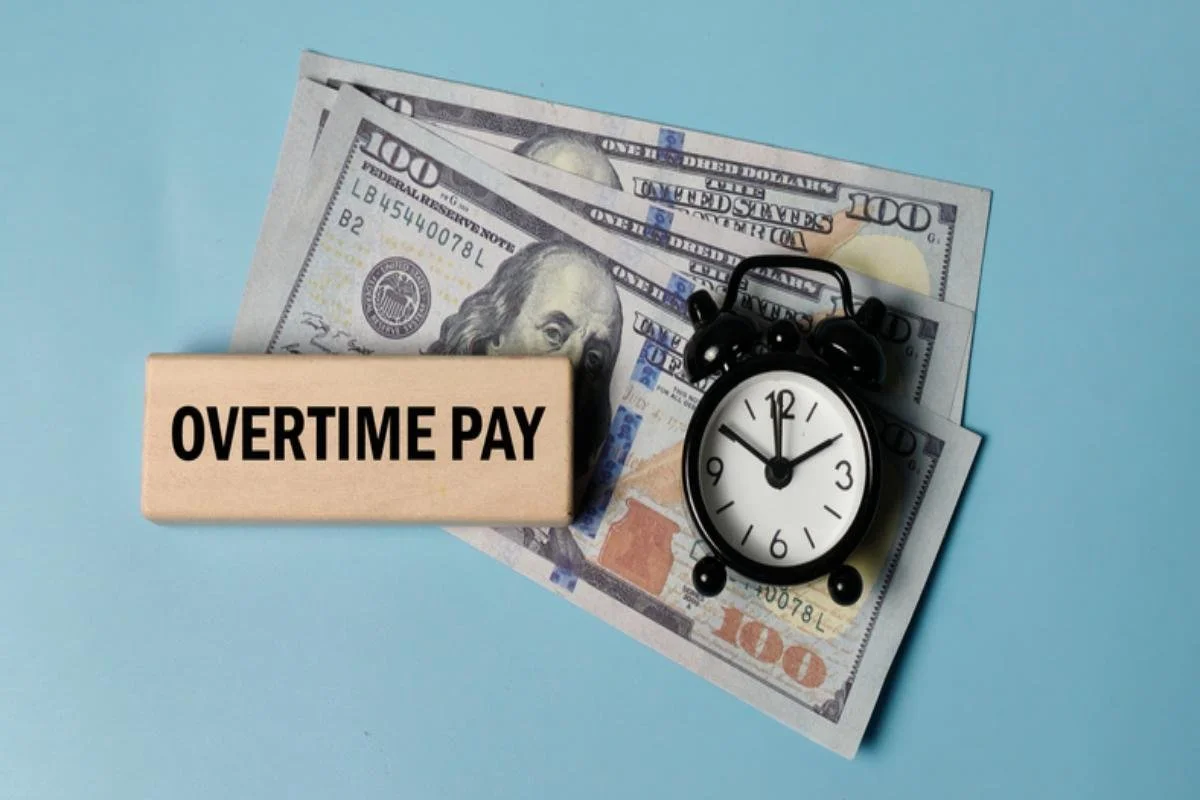California Contractor Fined $1.9M in Response to Wage Theft Claims
/Fullerton Pacific Interiors Inc., a California drywall contractor, was filed $1.9 million by California’s Division of Labor Standards Enforcement for failing to allow rest periods for workers (and other wage violations). The violations allegedly occurred on 26 different construction projects in different locations throughout Southern California.
The fine was handed down from California’s Division of Labor Standards Enforcement, a.k.a. the Labor Commissioner’s Office – a part of the California Department of Industrial Relations. The fine was processed because the California drywall company failed to properly compensate almost 500 workers for rest periods as required by state and federal labor law. During the course of investigation, the division also found that almost 300 workers were not paid for overtime hours and almost 30 workers were paid less than minimum wage.
From the summer of 2014 through the summer of 2016, Fullerton Pacific Interiors Inc. was under contract to perform drywall work at a number of recreation centers: hotels, casinos, etc. All were located in three California counties: Los Angeles, Orange and San Bernardino. The Labor Commissioner noted that many contractors who embrace unscrupulous methods may try to obscure wage theft by providing workers with pay on a flat rate basis rather than an hourly rate. Yet a daily or any other flat rate system of pay does not override minimum wage and overtime requirements as defined by law.
According to the findings of the investigation, Fullerton workers were completing taping and drywall installation at the work sites. They were paid a daily rate that did not consider their overtime hours on the job. They were offered a 30-minute meal period, but no rest breaks throughout the day.
The fine accounts for:
· $1,892,279 payable to workers (with $798,664 for rest period violations, $386,685 for unpaid overtime, and $692,500 for wage statement violations)
· $72,400 civil penalty
· Workers that were not paid minimum age were owed a total of $14,431 unpaid wages, liquidated damages, and waiting time penalties
If you have questions about unpaid overtime or if you are not receiving meal and rest breaks on the job in accordance with state and federal labor law, please get in touch with one of the experienced California employment law attorneys at Blumenthal Nordrehaug Bhowmik De Blouw LLP.










